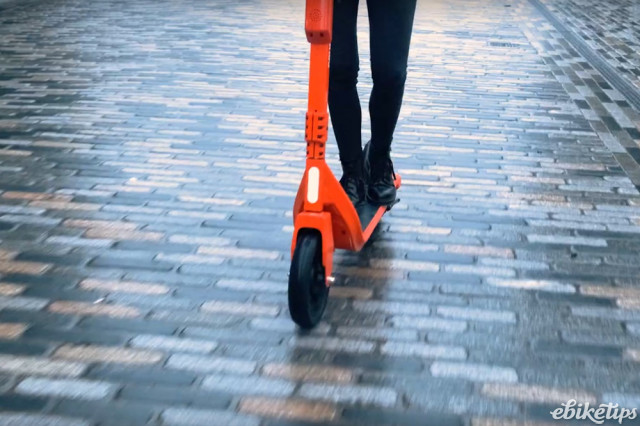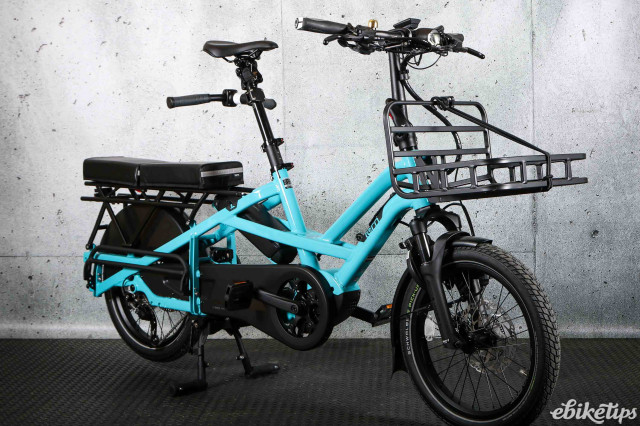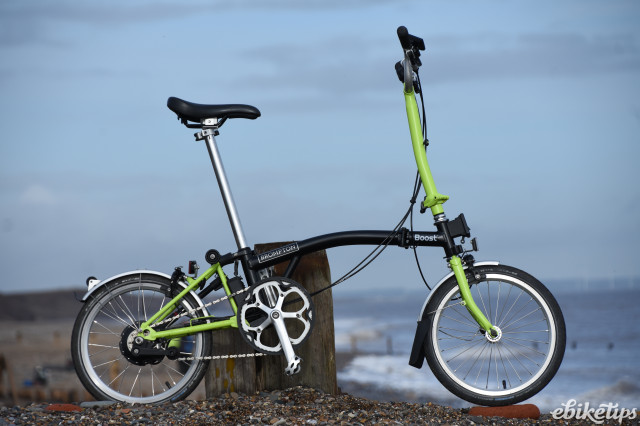A decision on altering the legal status of e-scooters is unlikely before March of next year. With around 50 trials currently underway in various towns and cities across the country, a decision had been expected this August. However, the Government is reportedly awaiting the outcome of a trial in London, which is still yet to get underway.
The blanket ban on riding e-scooters on UK roads and cycle lanes was lifted last July to allow for trials of rented scooters covered by a motor vehicle insurance policy. The use of privately owned e-scooters on public roads remains illegal.
Commenting on the trials, the Department for Transport said: “The primary aim of the evaluation is to build robust evidence about the safety, benefits, public perceptions and wider impacts of e-scooters in order to inform legal changes that may be necessary after the trial period ends.”
The Sunday Times reports that while trials were expected to finish this August, ministers have now extended them until March next year – in large part because the launch of a London trial has repeatedly been pushed back.
This would mean new legislation would be unlikely to come into effect until mid-2023.
Richard Adely, the CEO of e-scooter manufacturer Taur, said that the government’s, “dithering and delay has allowed more and more unregulated and out-of-control scooters to proliferate on streets, risking the life and limb of pedestrians and other road users.”
Halfords has previously said that the UK is ‘behind the curve’ when it comes to legalising privately owned e-scooters and has called for them to be made road legal.
The retailer’s e-mobility expert, Matt Banks, commented: “Along with e-bikes, the safe use of e-scooters has the potential to revolutionise the way we travel and with new legislation they potentially could offer a greener and safer alternative to those who wish to avoid public transport at this time.”





